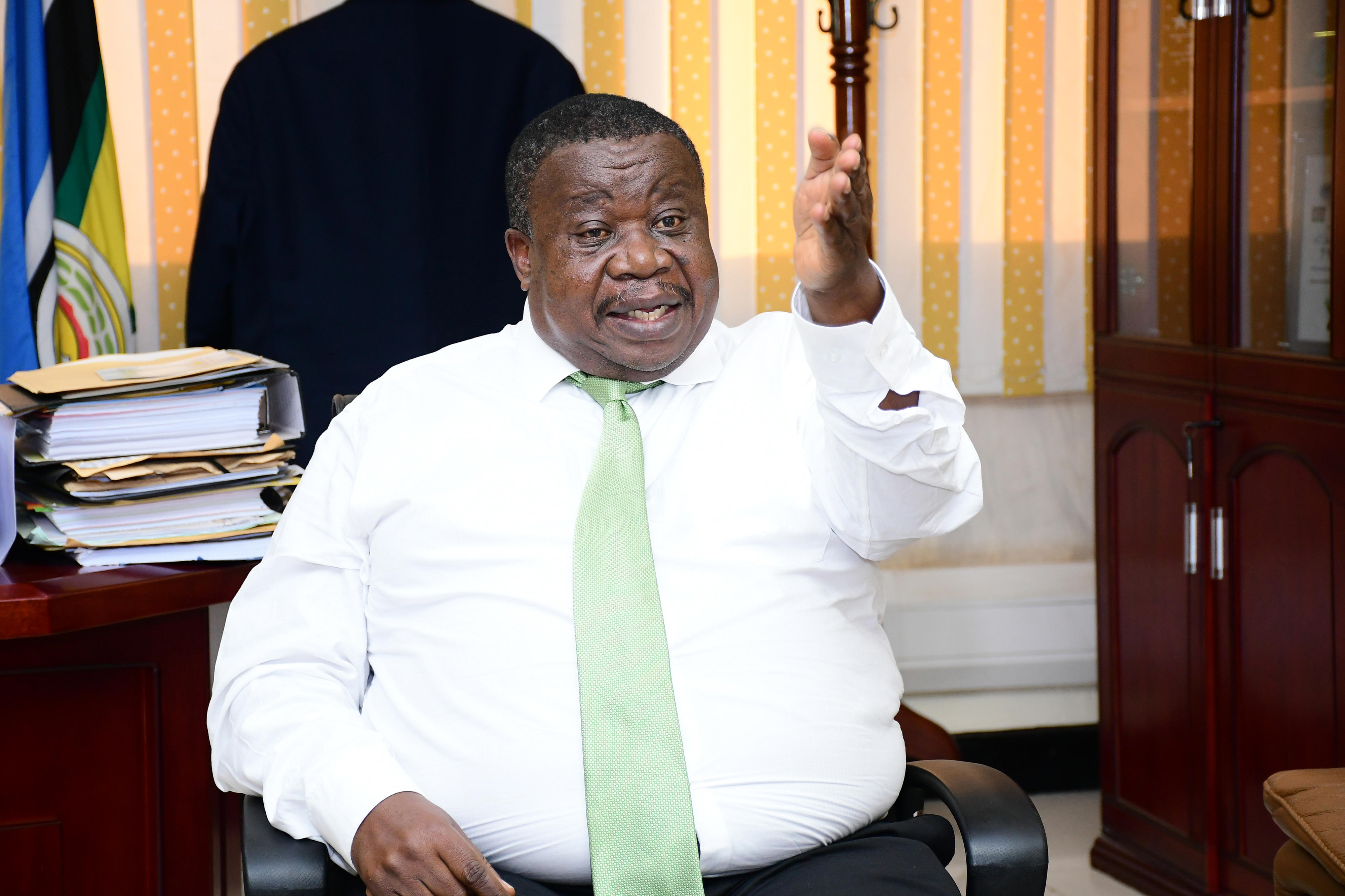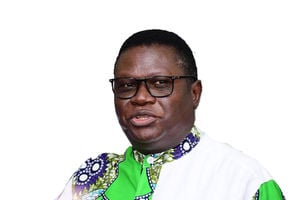Pakistani Embassy denies involvement in diplomatic passport controversy

What you need to know:
About two weeks ago, the Minister of Internal Affairs, Maj Gen Kahinda Otafiire, pointed to the Pakistani Embassy as the authority that could possibly have issued a diplomatic passport to Mr Rugiirwa Katatumba, the son of the late Bonney Katatumba Mwebesa
The Pakistani Embassy has denied authorising the issuance of a diplomatic passport to the son of the former honorary consul of Pakistan in Uganda.
About two weeks ago, the Minister of Internal Affairs, Maj Gen Kahinda Otafiire, pointed to the Pakistani Embassy as the authority that could possibly have issued a diplomatic passport to Mr Rugiirwa Katatumba, the son of the late Bonney Katatumba Mwebesa.
“Maybe it's Pakistan that gave him that passport. And it should not be a Ugandan diplomatic passport,” Gen Otafiire said.
But when contacted, Mr Hasnain Zafar, an official from the Pakistani Embassy, clarified that Mr Rugiirwa Katatumba is not a Pakistani citizen and that his government only issues passports to its nationals.
“We do not have the authority to issue passports to Ugandan citizens. The passport in question belongs to the Government of Uganda, not Pakistan. We have no involvement in this matter; it is the Ugandan government’s responsibility to address it,” Mr Zafar said.
Mr Simon Mundeyi, the spokesperson for the Ministry of Internal Affairs, confirmed that they had taken necessary action to distance themselves from the diplomatic passport seen on social media. “ It is now up to the police to summon him and have him explain where he got it,” Mr Mundeyi said.
Police spokesperson Rusoke Kituuma said their involvement only occurs when such documents are presented to institutions and are found to be unauthentic. "Once the concerned authority detects that it is inauthentic or fake, they hand it over to us, and we begin investigations," he said.



